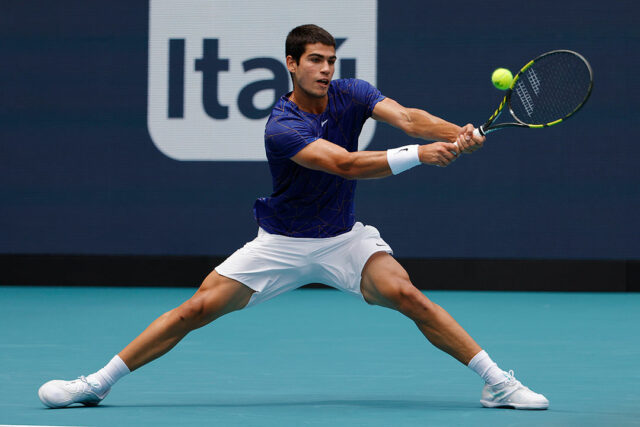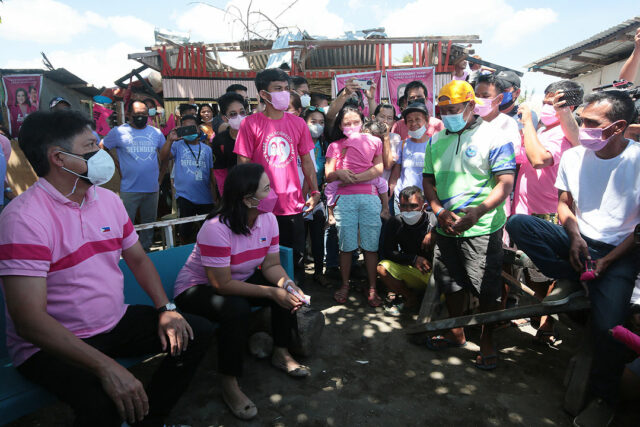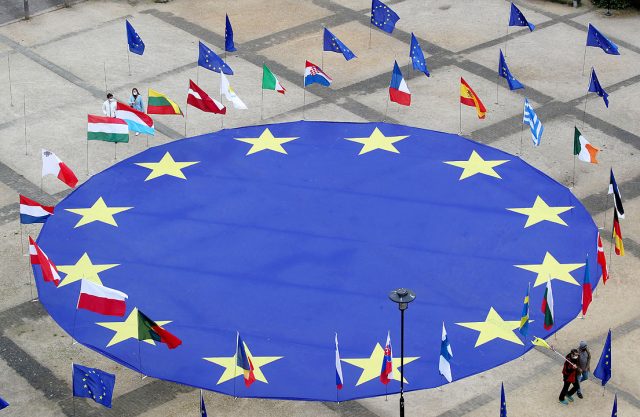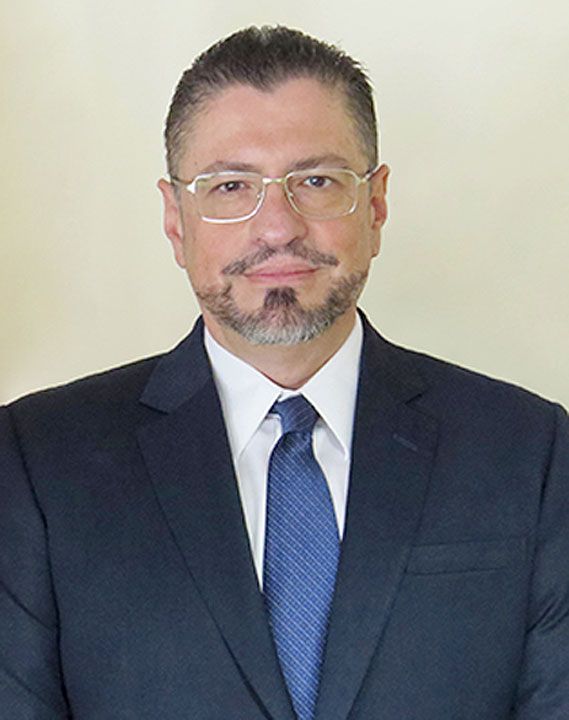The general elections from President down to City and Municipal Councilors on May 9 are just five weeks or 35 days away. I checked some of the electoral campaigns of the leading presidential and vice-presidential candidates, the Bongbong Marcos (BBM)-Sara Duterte tandem, and the Leni Robredo-Kiko Pangilinan pair.
ELECTORAL CAMPAIGN CROWD
The Leni-Kiko tandem has attracted these record number crowds at campaign rallies as of April 1 (source: https://web.facebook.com/TeamLeniKiko/photos):
1. Pasig (March 20), 130,000+;
2. Bacolod, Negros Occidental (March 11), 86,000+;
3. Tagbilaran, Bohol (April 1), 80,000+;
4. Catarman, Northern Samar (March 28), 73,000+;
5. Borongan, Eastern Samar (March 29), 54,000+;
6. Tarlac (March 23), Camanava (March 26), Cabanatuan, Nueva Ecija (March 22), 50,000+ each;
7. Gen. Trias, Cavite (March 4), 47,000+;
8. Malolos, Bulacan (March 5) and Isabela, Basilan (March 16), 45,000+ each;
9. Iloilo City (Feb. 25), 40,000+; and,
10. Zamboanga (March 17), 35,000+.
The BBM-Sara tandem rallies also have huge crowds but they did not put crowd estimates. But from the photos shown (source: https://web.facebook.com/BongbongMarcos/photos), they seem to have larger crowds than the Leni-Kiko rallies, and they do it almost daily. Their Mindanao swing on March 27 to April 2 — from GenSan to Zamboanga, Sultan Kudarat, Davao del Norte and Sur, Lanao, and Bukidnon — showed crowds of the tens of thousands per event, morning till evening.
The Manny Pacquiao and Isko Moreno campaigns also have some big crowds but they are not held as often and are not as thick as the Leni and BBM crowds.
NO SURGE IN COVID CASES
Since the official campaign period for national office started on Feb. 8 or eight weeks ago, the political rallies have attracted tens of thousands of people per event, shoulder to shoulder, with no distancing for many hours, no temperature checks, no vax card checks. And yet there was not a single incidence of a COVID surge whether in any big city venues or nationwide — none. But we read the usual alarmist pronouncements by government virus “experts” of more infections. See for instance the Department of Health (DoH) warning which was contradicted by data in these two reports in BusinessWorld: “Ignoring protocols could lead to rise in infections — DoH” (March 29), “PHL logs among lowest daily coronavirus cases in SE Asia” (March 30).
Theory (and narrative) must conform with data. Always. No exception. In the COVID pandemic, the theory or narrative is: more huge gatherings, no distancing for hours, no widespread vaccination, then more infections and cases. Consider also the infamous and fallacious OCTA terms “super-spreader” events that require “circuit breaker” lockdowns.
So, what happens if theory and data do not conform with each other? In real natural science, one must uphold and respect the data and junk the “theory” or narrative — it reverts back to an ordinary hypothesis. But in politics and political science, one must ignore the data and uphold the narrative. And that is why despite eight weeks straight of having huge numbers of people packed together for many hours with no distancing, many even wearing their masks below their mouths, we see no COVID surges. But government retains the soft lockdown and mobility restrictions and pushes mass vaccination. It is no longer about medical science but political science and military science.
GOOGLE TRENDS IN THE CAMPAIGN
There are no results of voter preference surveys conducted in March by SWS and Pulse Asia, the top polling firms in the country. In the absence of such data, proxy data must be used, like estimated crowds per political rally by the leading contenders, discussed above. Another proxy is Google Trends “interest over time.”
“Interest over time” numbers and scores represent search interest relative to the highest point on the chart for the given region and time. Peak popularity is 100, 50 means that the term is half as popular, and 0 means there is not enough data for this term. While political surveys use sample sizes of only 1,200 to 3,000 people, Google Trends processes billions of bits of data, millions daily.
So, I searched Leni and BBM and this is the result.

The Leni campaign is gaining more interest — from 40 in the first half of February when official campaigns started, to 46 in early March, and 67 in late March. The score reached 96 on March 20, during the huge rally in Pasig, and peaked at 100 on March 21, when photos of the huge crowd that night were more circulated and reported the next day.
The BBM campaign is losing interest — from 34 in the first half of February to only 28 in first half of March. It recovered to 40 in the second half of March but this was way below the 67 of Leni over the same period.
So, from two data sets — photos of campaign rallies and caravans, and Google Trends — BBM seems to retain his lead in the first but he is losing in the second set of data. Good. His chances of becoming President are less.
CAUSES OF DEATHS, PSA DATA
The Philippine Statistics Authority (PSA) released the Causes of Deaths data for 2020 and 2021 last week on March 29. I searched their previous reports and included data for 2018 and 2019 below. Since there was no excess mortality or deaths in 2020 over 2019, I compared 2021 with 2019. The data show the following.
One, there was a huge increase in deaths in 2021 when more COVID infections happened and mass vaccination started — 145,700 more deaths than in 2019 and 152,200 more deaths than 2020.
Two, if COVID deaths — virus identified UO7.1 and unidentified UO7.2 — are excluded, there were still 39,000 more deaths in 2021 over 2019.
Three, there were more deaths from ischemic heart diseases, diabetes, hypertension, and cerebrovascular diseases in 2021 than in 2019. This coincided with more reports of myocarditis, blood clots and related diseases days or weeks after vaccination in 2021, even until 2022.
Four, there were fewer deaths from pneumonia, cancer or neoplasms, lower respiratory diseases, and tuberculosis in 2021. The hypothesis “deaths from regular pneumonia were counted as COVID deaths” may fit in this situation.
Five, continued lockdown and business closures (KTV and music bars, some hospitality shops, etc.) led to fewer deaths from assault/fights and transport accidents, but more deaths from malnutrition and suicides or intentional self-harm (see Table).
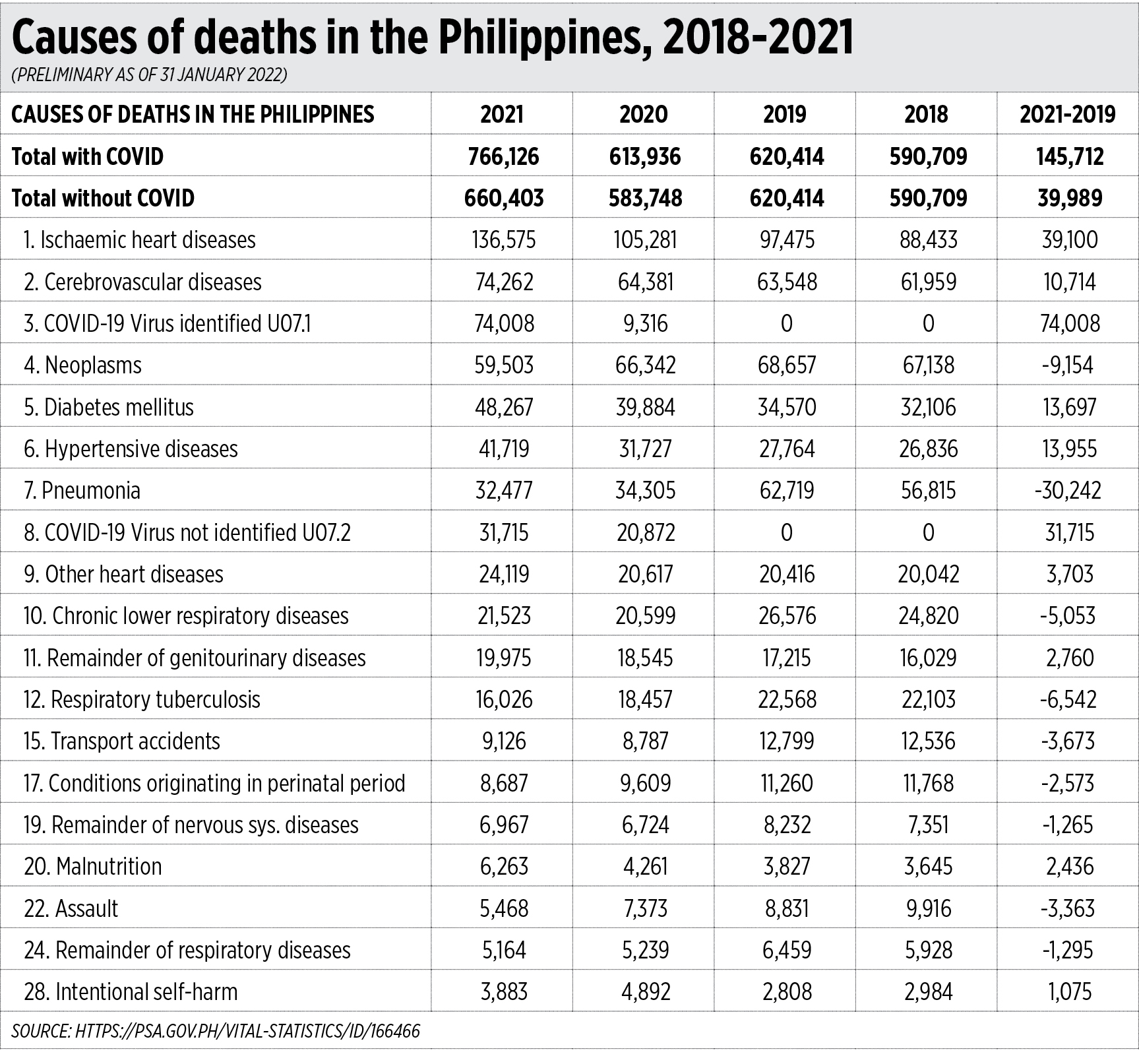
Since the narrative “more huge gatherings, no distancing for hours, more COVID infections” is proven to be false by the huge electoral rallies, government should drop all mobility restrictions and presentation of mandatory vax card or negative PCR tests for work and travel.
Three real economic risks facing the Philippines this year: 1.) continued high public debt that will require high taxes, from P8.22 trillion (actual and guaranteed) in 2019 to P10.25 trillion in 2020, and P12.15 trillion in 2021; 2.) high inflation, from 2.6% in 2020 to 4.5% in 2021, and projected to reach 5% or more in 2022 with very high energy and commodity prices; and, 3.) low GDP growth this year, from -9.6% in 2020 and 5.7% in 2021. Our people and businesses should be freed from various mobility restrictions to produce more goods and services, reduce inflation and expand economic output.
The two leading Presidential candidates, especially VP Leni who is catching up, should have clear policies to open up the economy wide and clear, and remove all existing and planned mobility restrictions on people and businesses.
Bienvenido S. Oplas, Jr. is the president of Minimal Government Thinkers.
minimalgovernment@gmail.com





